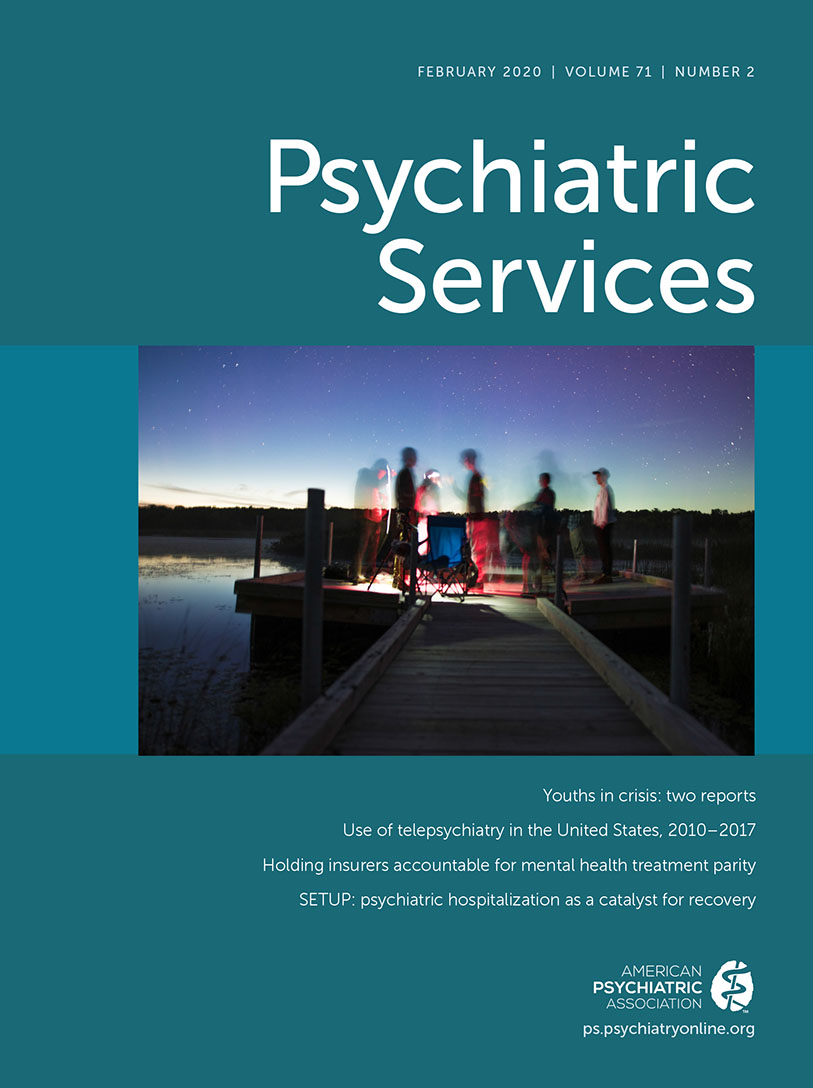Factors Associated With Diabetes Care Quality Among Patients With Schizophrenia in Ontario, Canada
Abstract
Objective:
The authors investigated demographic, clinical, and service-utilization factors that affected the quality of diabetes care among patients with schizophrenia.
Methods:
This was a retrospective cohort study of adults with schizophrenia and diabetes (N=26,259) in Ontario, Canada. Quality of care was based on receipt of three guideline-concordant diabetes care procedures between 2011 and 2013. A cumulative logit regression model was used to determine characteristics associated with optimal testing.
Results:
Factors associated with optimal diabetes testing included more frequent outpatient psychiatrist visits (odds ratio [OR]=1.28, 95% confidence interval [CI]=1.20–1.37) and primary care visits for nonmental health reasons (OR=2.10, 95% CI=1.85–2.39). High-frequency primary care visits for mental health reasons, any hospitalizations, and emergency visits for mental health reasons were associated with lower odds of testing.
Conclusions:
Diabetes quality of care may be contingent on receipt of medically focused primary care, psychiatric stability, and receipt of specialist psychiatric care.



